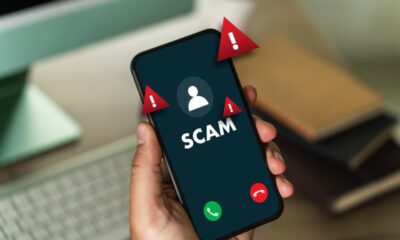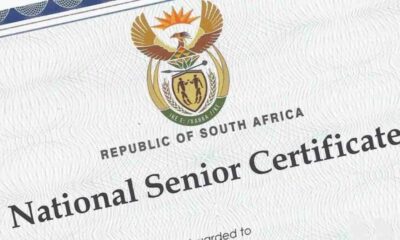Consumer controversies
Truecaller Faces POPIA Scrutiny in South Africa Over Privacy Concerns

For years, Truecaller has been the go-to app for South Africans tired of answering spam calls. With a quick glance at your phone screen, it tells you whether that incoming number is a telemarketer, a scammer, or a legitimate contact. But now, the very way it works is under the microscope.
South Africa’s Information Regulator has confirmed it is investigating the app after complaints from businesses and individuals that it may be breaching the country’s Protection of Personal Information Act (POPIA).
When convenience clashes with privacy
Truecaller’s strength lies in crowdsourcing; it builds its massive database by asking users to share their contact lists and call logs. This means when an unknown number calls you, the app can check it against millions of others.
The problem, according to privacy experts, is that this sharing might be happening without the knowledge or consent of the people whose numbers are being uploaded. Under POPIA, companies must tell you what they are doing with your personal data, even if they got it from someone else.
Rosalind Lake from Norton Rose Fulbright says Truecaller’s current approach, relying on users to get consent on its behalf, is unlikely to hold up legally. The law, she explains, puts that responsibility on the “responsible party,” which in this case would be Truecaller itself.
Business backlash and high fees
It is not only privacy that is raising eyebrows. Some South African companies say Truecaller is hurting their ability to reach clients. A small ISP told MyBroadband that the app flagged its number as spam, blocking calls to customers, and offered a costly “whitelisting” service to fix it. The fee? Roughly R10,500 a month for up to 5,000 calls.
“They create a platform where anyone can label your number, even with swear words, and then charge you to undo it,” the ISP said, adding that they hope the app will be banned.
Risk beyond the nuisance factor
Werksmans Attorneys’ Ahmore Burger-Smidt warns that the risks go beyond marketing headaches. There have been cases overseas where people’s safety was put at risk because their names appeared in Truecaller’s database, for example, undercover journalists whose identities needed to be protected.
POPIA protects individuals from having their information used without their knowledge. If numbers are being uploaded without permission, it could mean people are being denied their rights as data subjects.
Truecaller responds
Truecaller has not commented directly on the legal opinions but insists it is committed to balancing privacy rights with the safety benefits of caller identification. It allows individuals to “unlist” their numbers and places responsibility on users to get consent before sharing contacts.
“This way, the inherent right of users to know who is calling is balanced with any person’s desire to be unlisted,” the company said.
What happens next
The Information Regulator’s investigation will determine whether Truecaller’s model is compliant with South African privacy law or whether it needs to change how it operates here.
Until then, privacy experts advise caution when granting any app access to your contact list. In South Africa, that list is not just yours; it is other people’s personal information, and the law takes that seriously.
Also read: DStv’s Piracy Battle: How MultiChoice is Fighting Back in 2025
Follow Joburg ETC on Facebook, Twitter, TikTok and Instagram
For more News in Johannesburg, visit joburgetc.com
Source: MyBroadband
Featured Image: Google Play


















